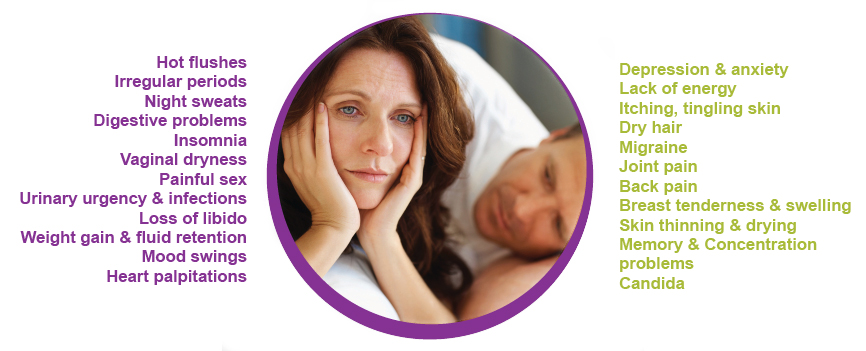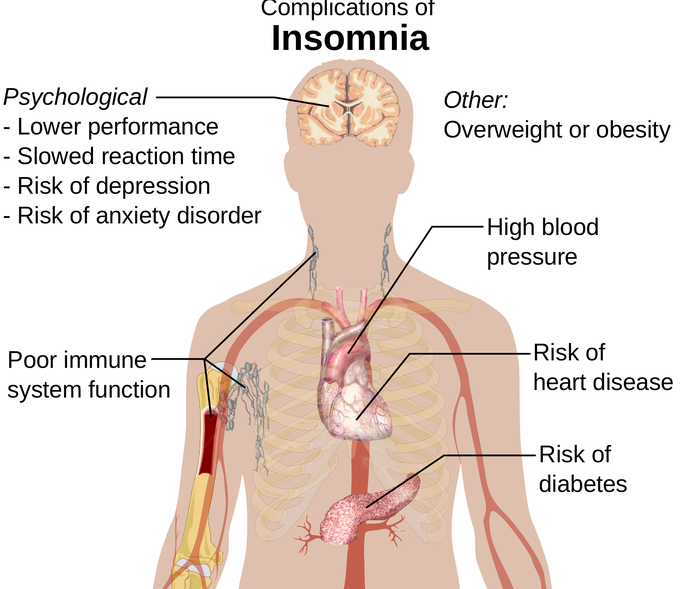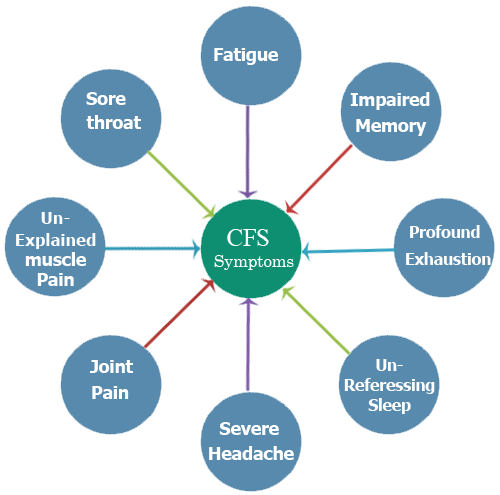Stem Cell for ADHD Treatment
Stem Cell Transplant May Help Patients with ADHD
 New medical advances have made it possible to offer treatments for various diseases in myriad ways. Everyday researchers come up with discoveries that are making treatment easier, safer, convenient and even whole. Treating the symptoms of a disease while leaving its roots to sprout again is not very appropriate in this century. One of the treatment methods that have been found to be very effective in tackling the diseases at cell level is the stem cell therapy or other stem cell transplant.
New medical advances have made it possible to offer treatments for various diseases in myriad ways. Everyday researchers come up with discoveries that are making treatment easier, safer, convenient and even whole. Treating the symptoms of a disease while leaving its roots to sprout again is not very appropriate in this century. One of the treatment methods that have been found to be very effective in tackling the diseases at cell level is the stem cell therapy or other stem cell transplant.
As I have already stated in previous articles stem cells are very important in our body’s defense against infections as they are the precursors of all cells in the human body. They are more special than other cells since they are regenerative and malleable. They have the ability to replicate themselves and to repair and replace other tissues in the human body. The stem cells are needed in the body to ensure constant renewal of some tissues such as the skin. They are also very important in repairing damaged tissues in the body. In spite of their ability to repair damaged tissues, it is also important that the stem cells be in good health. When the stem cells are damaged they can lead to myriads of complications. Studies have shown that among diseases that can be healed by stem cell transplant is ADHD.
What is ADHD?
ADHD is an abbreviation that stands for Attention Deficit /Hyperactivity Disorder. ADHD is a mental health condition that causes inattention, hyperactivity and impulsive behavior. ADHD symptoms can lead to a number of problems, including unstable relationships, poor work or school performance, and low self-esteem. Typically, ADHD always starts in early childhood, however in rare cases it’s not diagnosed until later in life. It was once thought that ADHD was limited to childhood. However this perception of the disorder is passed with time as it has been found that these symptoms can persist into adulthood. When these symptoms are found in an adult, the disease is often referred to as adult ADHD. This disease causes many problems to both children and adults but it is treatable.
This disease may be referred to by different names depending on the age of the patient i.e. childhood ADHD and adult ADHD. However the treatment for ADHD is the same be it for adults or for children. Traditionally the treatment involved stimulant drugs or other medications, psychological counseling and treatment for any mental health conditions that occur along with adult ADHD.
Symptoms of ADHD
- Procrastination
- Disorganized work habits
- Forgetfulness in daily activities. Such as forgetting to carry office keys, to meet appointments and daily schedules.
- Failure to complete tasks such as homework or chores
- Frequent shifts in conversation, not listening to others, not keeping one’s mind on conversations, and not following details or rules of activities in social situations
- Difficulty paying attention to details and tendency to make careless mistakes in school or at work.
- Easily distracted by irrelevant stimuli and frequently interrupting ongoing tasks to attend to trivial noises or events that are usually ignored by others
- Inability to sustain attention on tasks or activities
- Difficulty finishing schoolwork or paperwork or performing tasks that require concentration
- Frequent shifts from one uncompleted activity to another
- Hot temper
- Restlessness
- Impulsivity
- Unstable relationships
ADHD is still a mysterious disorder. Its exact cause isn’t known yet. However medical experts have proposed structural changes in the brain to be a main cause of the disorder. Some of the factors that have been proposed by the medical experts to be linked to ADHD include the following;
Altered brain function and anatomy- Brain scans have revealed important differences in the structure and brain activity of people with ADHD. It has been found that people with ADHD apparently have less activity in the area of the brain that controls attention than people who don’t have ADHD.
Inherited from parents– ADHD can run in families.
Smoking and drug use by mother during pregnancy– Children whose parents smoked and used other drugs of abuse are at a higher risk of being ADHD positive as they grow up. Some industrial toxins may also lead to the same if a pregnant woman is exposed to them.
Early age exposure to toxins– Babies who are exposed to environmental toxins are at high risk of suffering from the symptoms of ADHD. Such toxins include lead which is a component of many paints. When a child is exposed to lead it will disrupt his attention and behavior.
Stem cell transplant for ADHD treatment
 Stem cell transplant is a new intervention in the medical field. It works by replacing the damaged stem cells with healthy ones. The ability of the stem cells to multiply rapidly and give rise to millions of other healthy cells is an interesting phenomenon that the medical experts are taking full advantage of in treating diseases that have caused suffering to humans. In treating ADHD having the damaged stem cells replaced by healthy ones through stem cell transplant, the implanted stem cells with capability of giving rise to many other stem cells with higher degrees of differentiation helps in treating this disease.
Stem cell transplant is a new intervention in the medical field. It works by replacing the damaged stem cells with healthy ones. The ability of the stem cells to multiply rapidly and give rise to millions of other healthy cells is an interesting phenomenon that the medical experts are taking full advantage of in treating diseases that have caused suffering to humans. In treating ADHD having the damaged stem cells replaced by healthy ones through stem cell transplant, the implanted stem cells with capability of giving rise to many other stem cells with higher degrees of differentiation helps in treating this disease.
Embryonic stem cells transplant have been found to be effective in treating cancer, Type 1 diabetes mellitus, Parkinson’s disease, Huntington’s disease, Celiac Disease, cardiac failure, muscle damage and ADHD is no exception. It is a treatment that tackles diseases at their roots and it also has no side effects. Dr. Dalal Akoury (MD) of AWAREmed Health and Wellness Center is an experienced doctor in the use of integrative medicine in healing diseases. Call her on (843) 213-1480 for help.
Stem Cell Transplant May Help Patients with ADHD







 During childhood the brain will naturally produce the adequate amounts of
During childhood the brain will naturally produce the adequate amounts of  These researchers also measured neurogenesis-impaired rats’ susceptibility to a drug relapse. During the first phase of this stage of testing, the rats were removed from the cages where drug use had taken place, blocked all drug access for a month, and let the rats go through withdrawal. At the end of the month, the rats were returned to their old cages but still received no access to cocaine. Compared to rats with normal rates of neurogenesis which also went through the same process, the neurogenesis-impaired rats showed more prominent signs of drug craving and a desire to continue drug use as often the case in relapse.
These researchers also measured neurogenesis-impaired rats’ susceptibility to a drug relapse. During the first phase of this stage of testing, the rats were removed from the cages where drug use had taken place, blocked all drug access for a month, and let the rats go through withdrawal. At the end of the month, the rats were returned to their old cages but still received no access to cocaine. Compared to rats with normal rates of neurogenesis which also went through the same process, the neurogenesis-impaired rats showed more prominent signs of drug craving and a desire to continue drug use as often the case in relapse.















 This refers to a brief period of lack of sleep. This type of insomnia is mostly caused by life events and circumstances for example when you go to bed after receiving a stressful news or an unexcpected news that is too overwhelming. Acute insomnia will affect you for the least time and resolves without any medical intervention.
This refers to a brief period of lack of sleep. This type of insomnia is mostly caused by life events and circumstances for example when you go to bed after receiving a stressful news or an unexcpected news that is too overwhelming. Acute insomnia will affect you for the least time and resolves without any medical intervention.












